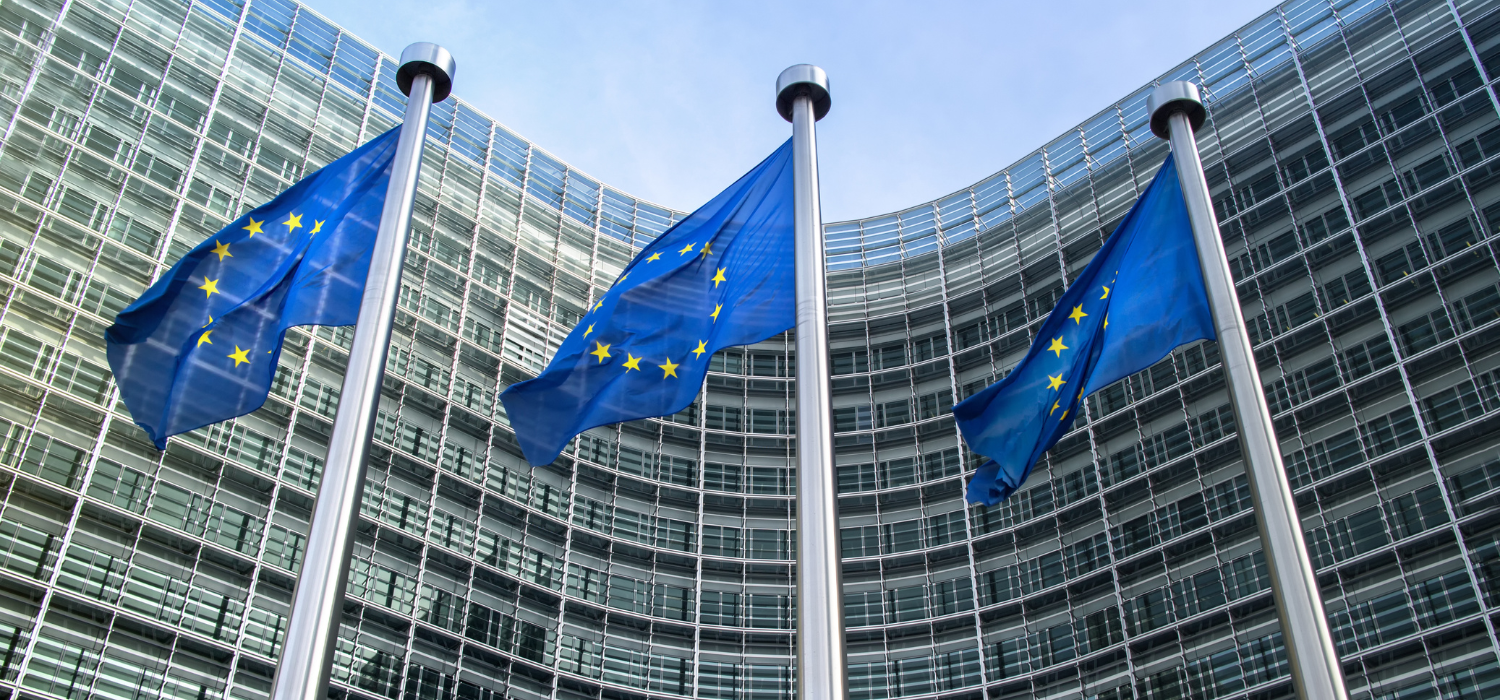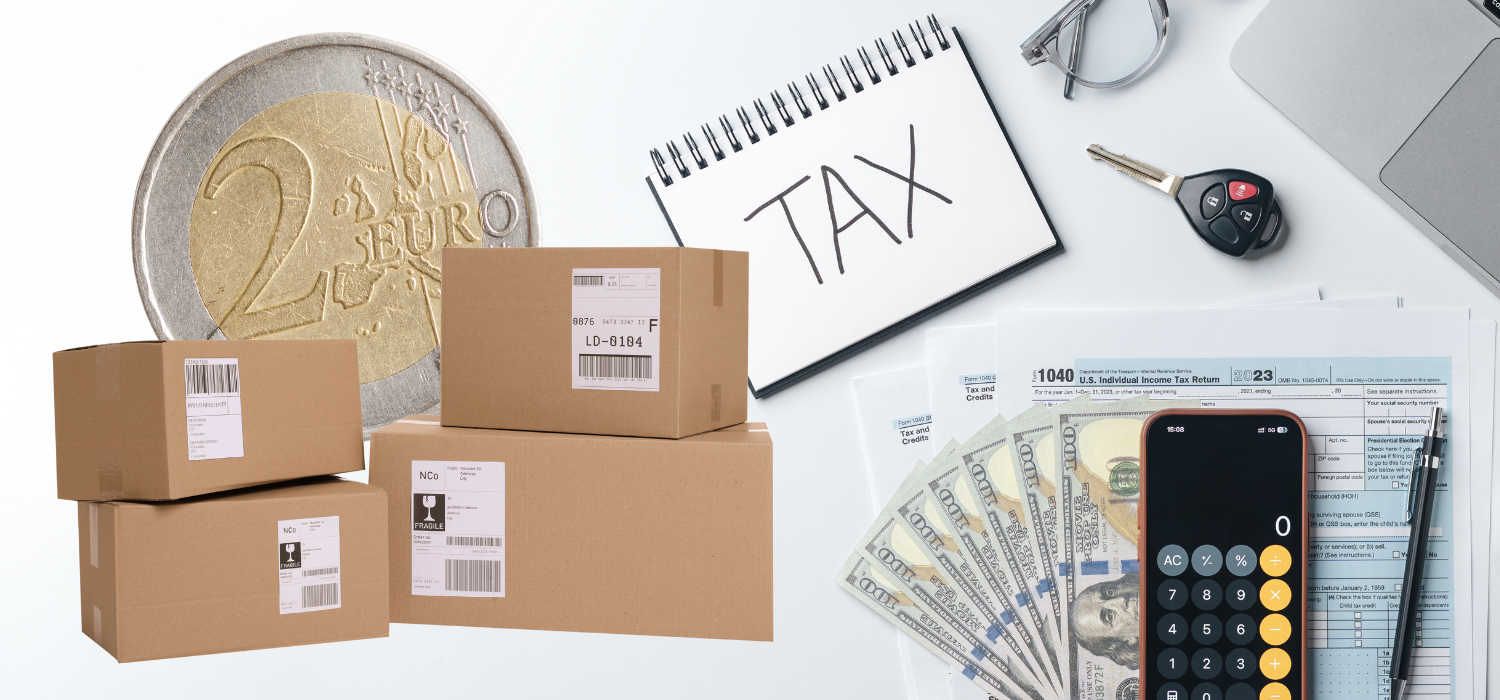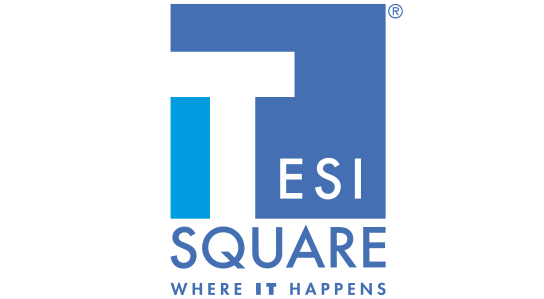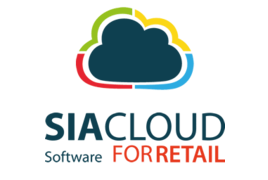In recent years, the legal cannabis market has experienced exponential growth, thanks in part to eCommerce, which provides ease of purchase and greater discretion.
The trend has been growing for years now, so much so that we had already addressed the issue of online sales of legal cannabis, but over time the situation has evolved, especially from a regulatory perspective.
In this article, we therefore analyse how the online legal cannabis market has evolved, looking at the most up-to-date data and the latest trends, but above all delving into the evolution of Italian regulations for the sale of light cannabis and the opportunities that eCommerce offers, taking into account the regulations in force. Let’s get started!
How much is the legal cannabis market worth
The European legal cannabis market continues to register impressive growth rates. According to the Prohibition Partners report, the value of the market in Europe reached approximately EUR 403.4 million in 2021 and is expected to grow at a CAGR of 67.4 per cent until 2025, reaching EUR 3.2 billion.
As for the number of users, the latest edition of the European Drug Report, the annual report compiled by the EMCDDA – European Monitoring Centre for Drugs and Drug Addiction, in 2022 (the last year for which data are available to date) estimates that the number of European users aged between 15 and 64 years will be close to 23 million, or 8% of the adult population, with almost 4 million people being daily users.
The legal cannabis market in Italy
With approximately 11% prevalence of use, Italy ranks second in Europe for the number of cannabis users, preceded only by the Czech Republic.
In Italy, there are about 800 companies cultivating light cannabis. The turnover of the Italian market is 500 million euros and involves about 11,000 workers. The product cultivated in Italy is also in great demand abroad, with exports to Germany, Belgium, Holland and France.
Reasons behind successful sales of CBD products
Demand for products based on CBD (cannabidiol), a molecule extracted from hemp that, unlike the THC molecule, has no narcotic effects, is driven by multiple factors, including growing consumer awareness of the therapeutic benefits and the availability of products in increasingly diverse formats.
More and more consumers are also turning to eCommerce to purchase CBD products, certainly attracted by the ease of shopping and the multiplicity of products available online, as well as the greater discretion offered by e-commerce compared to in-store purchases.
Who are the Italian legal cannabis users
The typical legal cannabis user in Italy is an adult between 35 and 45 years of age, with an increasing propensity to purchase products online. The over-55s are also an increasingly interested demographic, especially for medicinal purposes, while only 4% of the population between 18 and 24 years old claim to use CBD.
CBD products are widely used for medicinal purposes, so that the B2C segment mainly includes hospital and retail pharmacies, as well as online stores. The B2B segment, on the other hand, includes companies operating in markets such as food & beverage, nutraceuticals, personal care and cosmetics, and pharmaceuticals, which use cannabidiol for the production of further CBD-based products.
Italian legislation on the sale of legal cannabis
In Italy, the legislation regulating the sale and cultivation of light cannabis has been the subject of constant updates and amendments, as well as some controversy.
Law No 242 of 2016 regulates the cultivation of sativa hemp, provided the THC content is less than 0.2 per cent, with a tolerance of up to 0.6 per cent.
However, the sector has recently been strongly affected by an amendment approved within the DDL Security, which marked a drastic change. The new legislation, in fact, prohibited the trade, processing and export of leaves, inflorescences, resins and all products containing substances derived from the hemp plant. In other words, oral compositions containing Cannabidiol (Cbd) were placed on the list of narcotic substances
However, just a few days ago, the judges of the Lazio Regional Administrative Court confirmed the suspension of the Ministry of Health’s decree dated 27 June.
The reference law, therefore, remains to date No. 242/2016. Let us analyse it together.
Legal online sale of cannabis in Italy: regulatory requirements
When it comes to the online sale of legal cannabis in Italy, a number of specific requirements must be met, including:
- Compliance with Act No. 242/2016: as anticipated, products must contain a THC content of less than 0.2 per cent, with a tolerance of up to 0.6 per cent for cultivation.
- Labelling and certification: products must be accompanied by documentation certifying their origin and compliance with THC limits. In addition, they must be sold as ‘not for human use’, i.e. not intended to be consumed, smoked, swallowed or used as supplements or medicines, to avoid drug law violations.
- Advertising bans: Advertising of cannabis light products is regulated, and sellers must avoid promoting them as medicines or psychotropic substances.
The Role of Control Authorities
The Italian authorities, in particular the Ministry of Health and the ASLs, are responsible for controlling the quality of products placed on the market.
Any company that sells cannabis light must therefore be able to prove the origin of the hemp plants and the compliance of the products with current regulations.
The future of cannabis light eCommerce
The suspension by the Regional Administrative Tribunal of the Ministry of Health’s decree means that, until a final decision is made, e-commerce and the physical sale of legal cannabis will in fact be able to continue to sell online as they did before the introduction of the DDL Security. For e-commerce, this decision therefore represents an important window of opportunity.
However, as the situation remains subject to future developments, companies in the sector will have to closely follow any regulatory updates or further rulings by the Regional Administrative Court or Council of State.
Meanwhile, if you have an eCommerce of cannabis light-related products and are looking for innovative and discreet solutions for the delivery of your products, GEL Proximity has the solution for you!
With a Network of over 200,000 Lockers and Pick-up Points already in operation, your customers can pick up their orders where and when they want, in total peace of mind, away from prying eyes.
Contact us now for more information on our services!













